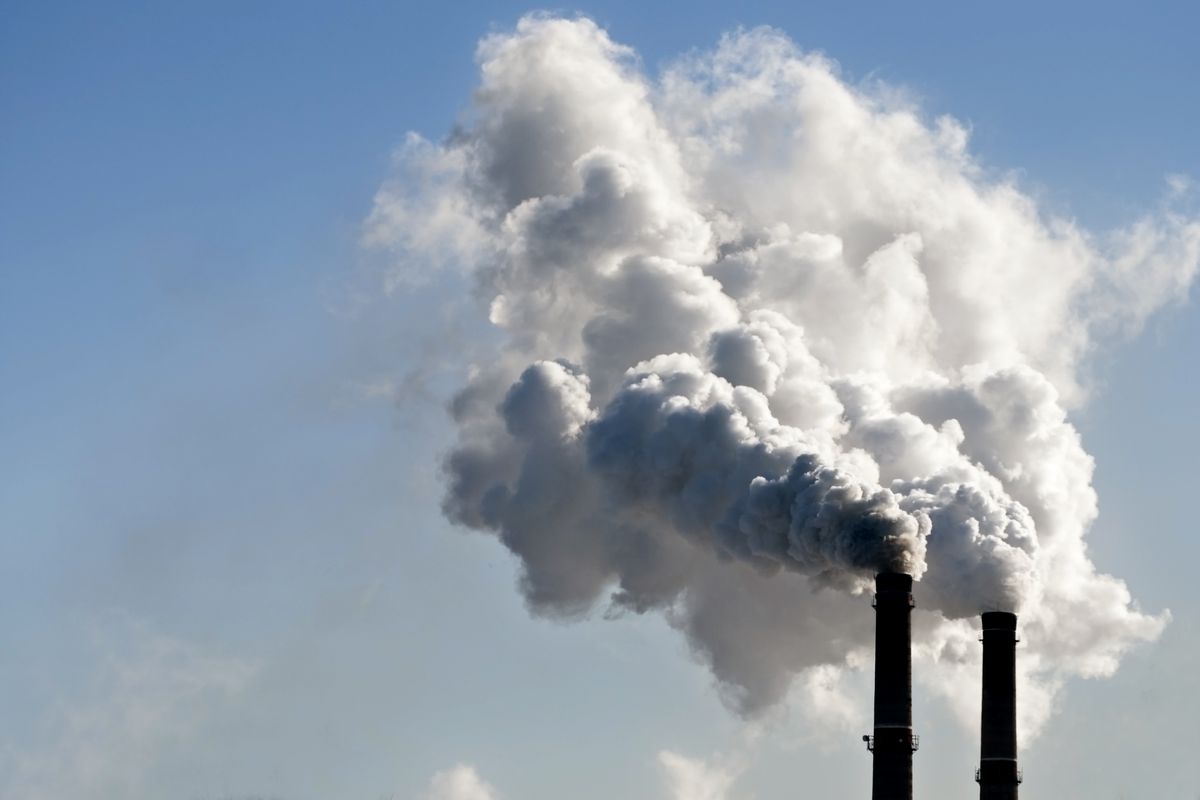As FIA World Rally Championship leader Kalle Rovanperä prepares to open the road this weekend, he confirms that the rally is quite different from the usual but the course scenery is great. However, from a sustainability perspective, it is clear that the rally means greenhouse gas emissions from the cars which are the main attraction at the event.
For this reason, the organisers are working to explore ways to reduce the event’s carbon footprint. This also becomes a hard bargain considering the main sponsors of the biggest events of the year is KCB Group, a thought leader and arguably the most sustainable bank in the region.
As one of the first banks to commit to become Net Zero by 2050, KCB must factor the reduction of carbon emissions in alignment with its sustainability strategy which factors in footprint from associated activities over and above lending.
KCB has committed various initiatives that will help to offset the carbon emissions from the event with the aim of making it head toward achieving carbon neutrality or even carbon negative in the long run. Key to this journey is to understand the sources of emissions and devising ways and means of reducing the gases.
To approach lending emissions, the bank is giving priority to the onboarding of green projects with the aim of transitioning its portfolio to 25 percent green by 2025. To mitigate emissions from the rally, the bank, through a partnership with WRC, aims to plant and grow seven million trees by end of 2022 which is part of the larger project of planting 19 million trees.
This is a positive move as trees form one of the biggest and cheapest ways to take CO2 out of the atmosphere, combat the climate catastrophe, help reduce emissions impact, and restore natural ecosystems.
The rationale for growing trees is from the recognition that not all emissions will be eliminated and trees can offset the gases related to future events.
My estimate is that a hectare of tropical forest in Kenya will capture four to five tonnes of CO2 during its growth phases and this forms the baseline under which KCB will determine the number of hectares and trees that should be grown to offset emissions from the event.
Ecological choices
WRC events present three main sources of emissions: direct emissions from rally cars; emissions from waste management and indirect emissions from spectator movement.
For the spectators, there is a need for sensitisation on the need to reduce their emissions and waste through sustainable behaviours and habits. For the event, it is critical that organisers make positive ecological choices when it comes to materials, energy production and waste management.
KCB and organisers should consider using the sport to promote environmental awareness among spectators by encouraging rally fans to engage in sustainable behaviour.
With the emissions from racing cars, there is a need to consider energy transformation from fossil fuel-based cars to hybrid and finally electric types. The future races should consider the use of advanced-generation biofuels and sustainable synthetic fuels.
Last year, after 18 years of the absence of Safari rally in Kenya, the organisers of WRC Safari Rally in Kenya demonstrated a strong commitment to environmental management.
FIA environmental team is confident that the championship will use the information gathered during the 2021 event to improve and address environmental issues relating to hosting of the 2022 Safari Rally.
The efforts are aimed at curtailing climate change whose effects can be astounding. The science is complicated, and there are still many unknowns about the long-term reverberations.
While accurate answers will necessitate global action, some choices have to be made to reduce the environmental effects. For climate change, the longer we fail to act, the worse it gets and the higher the price when we are eventually forced by catastrophe to make a move.
It is a collective responsibility for the world to act and view any course that comes our way from the climate change angle.
Events such as the WRC have to emphasise more on the effects of climate change than just the fun part. WRC and other organisers for future events must plan for their events while placing the environment and climate change at the core of every decision.
For WRC Safari rally KCB is taking the lead by being a responsible bank and giving us the fun associated with motor racing.

